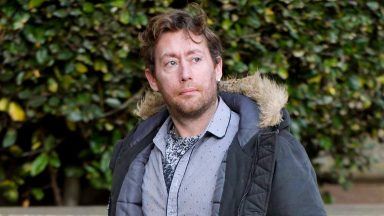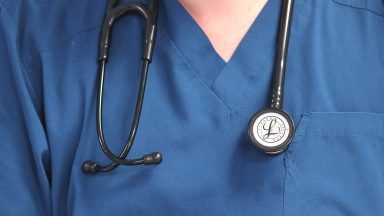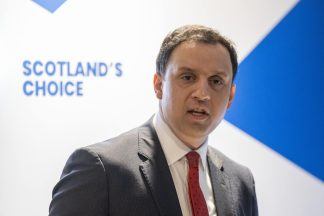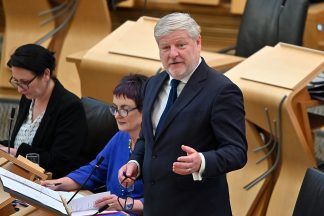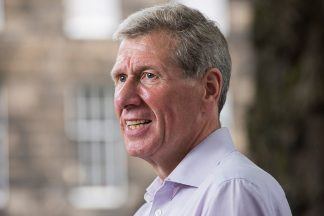The Scottish Government and the NHS will “consider” a landmark report that found “remarkably weak” evidence for medical interventions in children seeking gender care.
Dr Hilary Cass’ review said the pillars of gender medicine are “built on shaky foundations” as she warned the evidence on the impact of puberty blockers and hormone treatment is severely lacking.
In the lead-up to the Cass Review, NHS England said the use of puberty blockers – which stop the progress of puberty – would mostly end, apart from in clinical trials.
Research by the University of York was commissioned to inform the review’s final report, including on social transitioning and current evidence around medical interventions.
A review of 50 studies into puberty blockers concluded that there is a “lack of high-quality research” assessing their use in adolescents experiencing gender dysphoria or incongruence and that “no conclusions can be drawn about the impact on gender dysphoria, mental and psychosocial health or cognitive development”.
It also notes: “Bone health and height may be compromised during treatment.”
Dr Cass said while the rationale for puberty blockers remains unclear, “the clearest indication” is they can help birth-registered males to “pass” – look less male – in adult life “by preventing the irreversible changes of male puberty”.
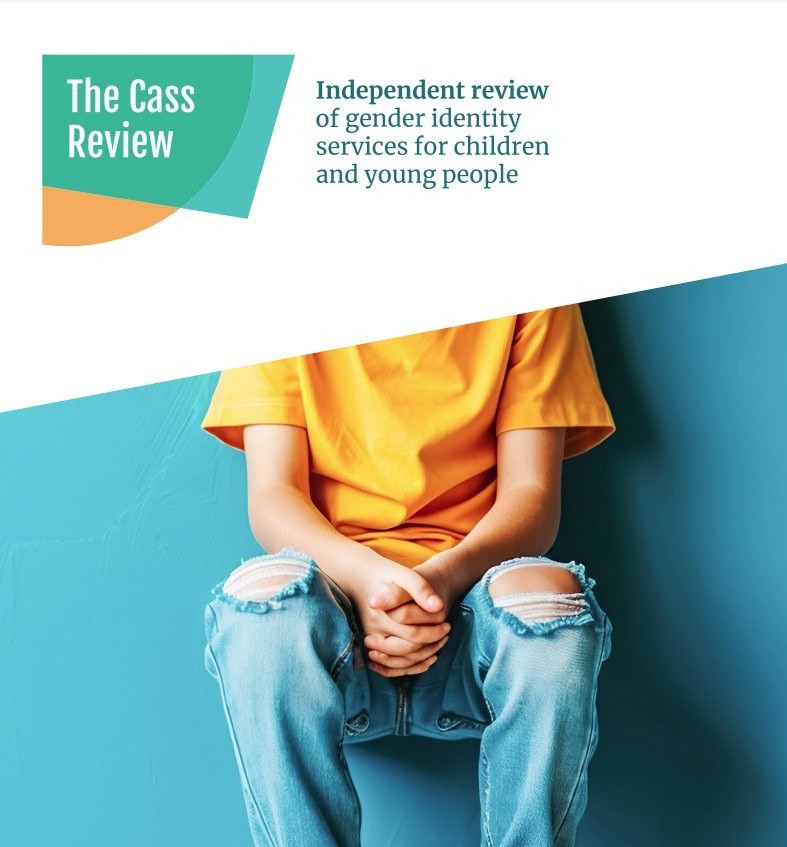 The Cass Review
The Cass ReviewAmong the 32 recommendations in the near-400 page report, the independent review of gender identity services for children and young people said a “follow-through service” should be put in place for 17-25-year-olds, with regional centres either extending the age range of their patients or through “linked services”.
Scottish Government officials had met Dr Cass several times over the course of her review “to share information” about improving care in Scotland.
A spokesperson said: “We agree with Dr Hilary Cass when she highlights that ‘increasingly toxic, ideological and polarised public debate’ does nothing to serve the young people accessing this care, their families and the NHS staff working hard to care for them.
“Since the Cass Review was commissioned, we’ve closely monitored ongoing findings with Scottish Government officials and NHS Scotland clinicians meeting Dr Cass on a number of occasions to share information about improvement work in Scotland.
“While the Cass Review extends only to services provided by NHS England, we will now take the time to consider the findings of the final report in the context of how such healthcare can be best delivered here in Scotland.”
The Scottish Government added: “Together with NHS Scotland, we are also engaged with NHS England on its planned study into the use of puberty blockers in young people’s gender identity healthcare and discussions are ongoing to determine what future engagement is appropriate.”
A spokesperson for NHS Greater Glasgow and Clyde said: “We are committed to providing the best possible clinical care for young people accessing our gender services.
“We are working with the Scottish Government and NHS Scotland to consider the findings of this review.”
‘Ideology on all sides has directed care’
Dr Cass’ report, first commissioned in 2020 and published on Wednesday, called for gender services to operate “to the same standards” as other health services for children and young people, with “a holistic assessment” of people referred, including screening for neurodevelopmental conditions such as autism, and a mental health assessment.
Dr Cass said: “I think it’s definitely the case that ideology on all sides has directed care, rather than care being directed by normal principles of paediatrics and mental health.
“I mean, certainly professionals are afraid to do the things that they would normally do in any other consultation with a young person, and that can’t be right.”
Her report urged a review of the current policy on giving children masculinising or feminising hormones in the form of testosterone or oestrogen from the age of 16, urging “extreme caution”.
Dr Cass said the “toxicity” around the debate on gender meant doctors were “afraid” to openly discuss their views.
Follow STV News on WhatsApp
Scan the QR code on your mobile device for all the latest news from around the country






